Last summer, I started a long-term project on consent within the Fifty Shades of Grey series as seen through BDSM and marriage contracts. Only halfway through the summer did I pay attention to reactions to the topic.
It was only after people unexpectedly failed to laugh or joke about my research that I realized I expected them to mock my work. I would be comforted if I could say these reactions center on the text alone: Fifty Shades is what it is, and the pop culture hive-mind long ago decided to create a meme of derision against the series and anyone who engages with it.
But these reactions go beyond the typical excuse of discomfort about my type of research, because being ridiculed for my obviously intensive project is only the least of my worries as a sex positive advocate. I have had to defend myself against misguided first impressions without shaming those who make choices similar to the stereotypes thrown against me. I have had to manage a mix of shame and anger when someone made joking insinuations about my personal life for months based on the fact that I write this column.
And I know I am not alone. Too many times, I have heard similar struggles from friends, classmates and strangers in and outside of campus who are passionate about sexual or romantic health. They understand that the very nature of their advocacy puts them in potentially uncomfortable, unwanted, unsafe situations.
Similar situations pop up with most advocacy work. When there is something to fight for, you occasionally encounter people or situations against which to argue. For now, I am concerned most with the response to activism surrounding sexual or romantic health. It is disturbing that the very act of talking about and advocating for these issues exacerbates the very threat of sexualized, intimate violence. Even if it is supposedly part of the job, how can it be fair that those in vulnerable positions are asked to open themselves up to even more vulnerability?
An incident I believe highlights the urgency of this issue occurred between me and a classmate last year. I mentioned my work with this column and my racialized, classed sex positivity. The student asked me about it, and we had a good conversation about porn even though he held views different than mine. However, he kept asking me about porn, called me out in class about my opinions, and forced me to defend myself after I felt we had exasperated the topic. Because I think of myself as an educator and because I was socialized through violence to always answer questions from men, I kept answering even though I found myself growing uncomfortable.
A friend checked in with me and told me something I had not considered: I could say no to his questions. That it’s okay to feel uncomfortable, even as an advocate. I realized that being made to talk about porn and sex with him brought up the feelings of embarrassment, being trapped, inability to say no, and frustration that I associate with sexual harassment. I had convinced myself I did not deserve to feel upset because the intention in our conversation was education, not a sexual or romantic pursuit.
The exchanges did not escalate to harassment. I recognize my participation in creating the situation, and I still do not completely blame him for it. That check-in helped me start saying no and tell him I was uncomfortable, and he understood the situation and backed off. But this recognition does not excuse my emotional toil, justify his obliviousness and rudeness or indicate that the situation would not have escalated the point where I felt harassed.
There is an assumption that educators and activists have all the answers and must always be a resource of knowledge. But that role should not come with the cost of feeling unsafe. Fighting against sexual violence should not undermine my safety in my own interpersonal relationships.
How do we respect and better support these educators and activists?
First, pay attention to your reactions and what you say to them. It is okay to be curious and to not agree with them, but do not demean someone’s work by making jokes that minimize their effort, demean their cause by saying the issue doesn’t exist, or demean the experiences of those affected by the issue by saying there are better things to fight for.
Second, check in with the advocates around you. Their emotional and mental well-being is important, and even though we have been trained with the language and principles, sometimes it can be hard to see how they play out in our own lives. Intervening can mean all the difference.
Third, do not ignore feelings of belittlement, discomfort or harassment. Start valuing yourself as part of your advocacy.
And lastly, if you are called out for your behavior, respond quickly and with humility. Recognize how you participated in creating these situations, and be willing to change your behavior to prevent similar situations in the future.
I should value myself as much as the advocacy I do for the communities I care about when I advocate about sexuality and intimacy. And even if you do not envision yourself as an advocate, you can still contribute hugely by better supporting the advocates and issues around you.



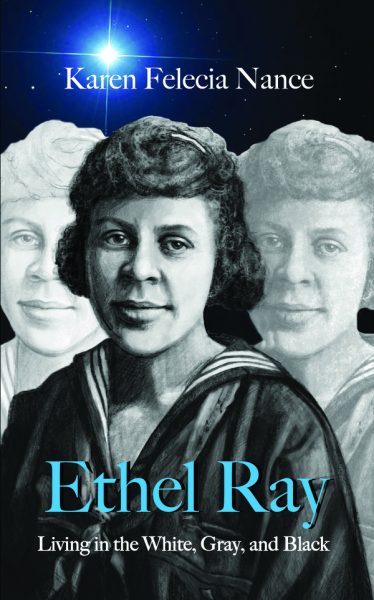




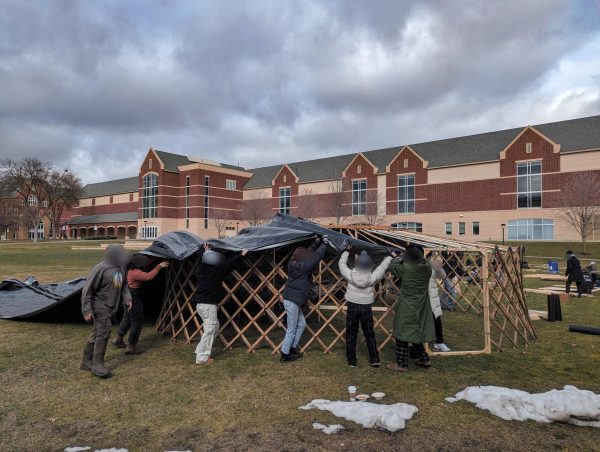




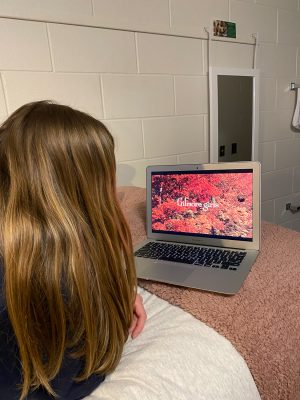






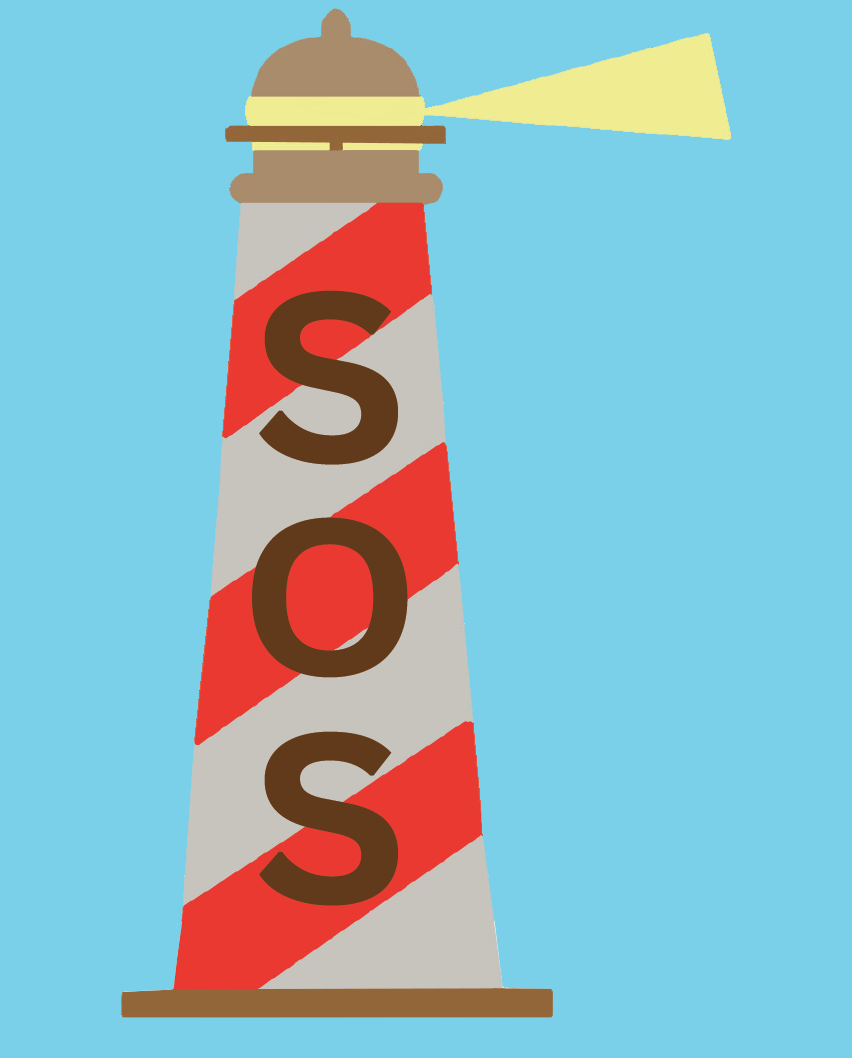

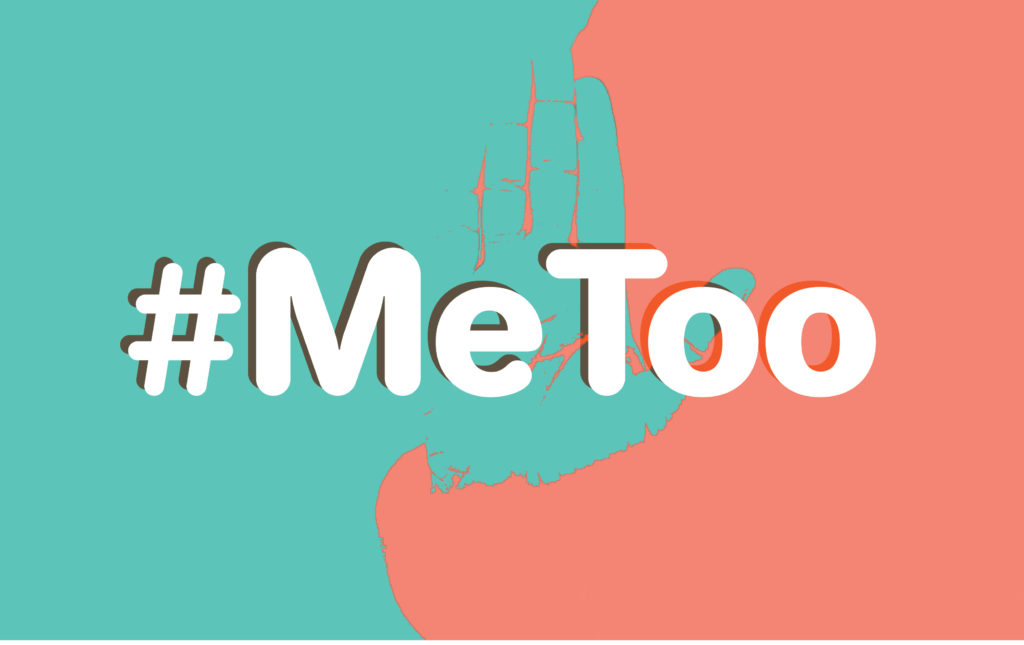
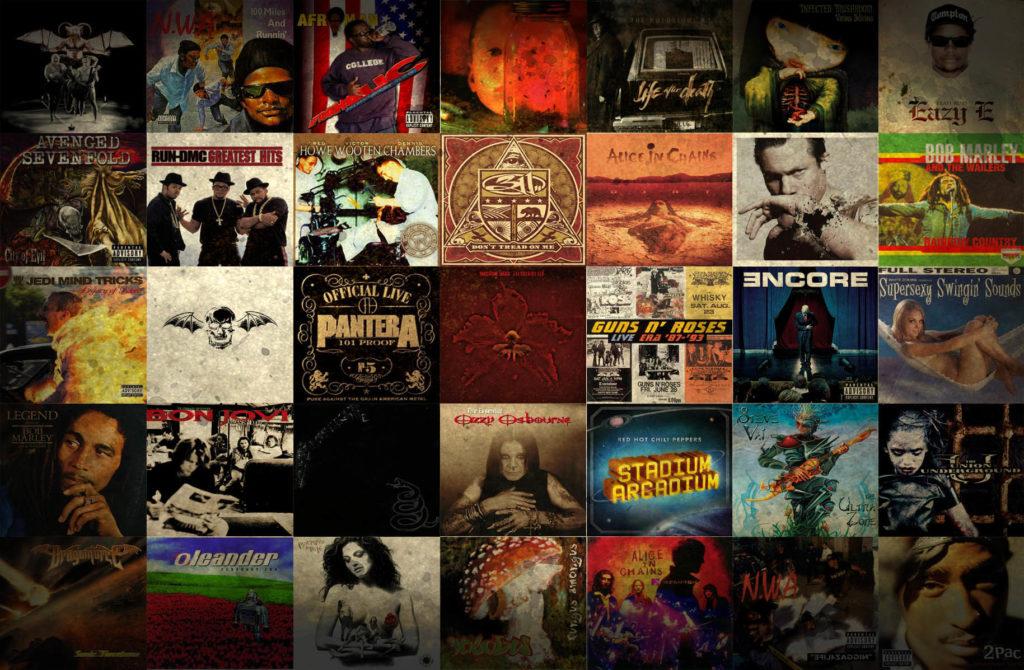
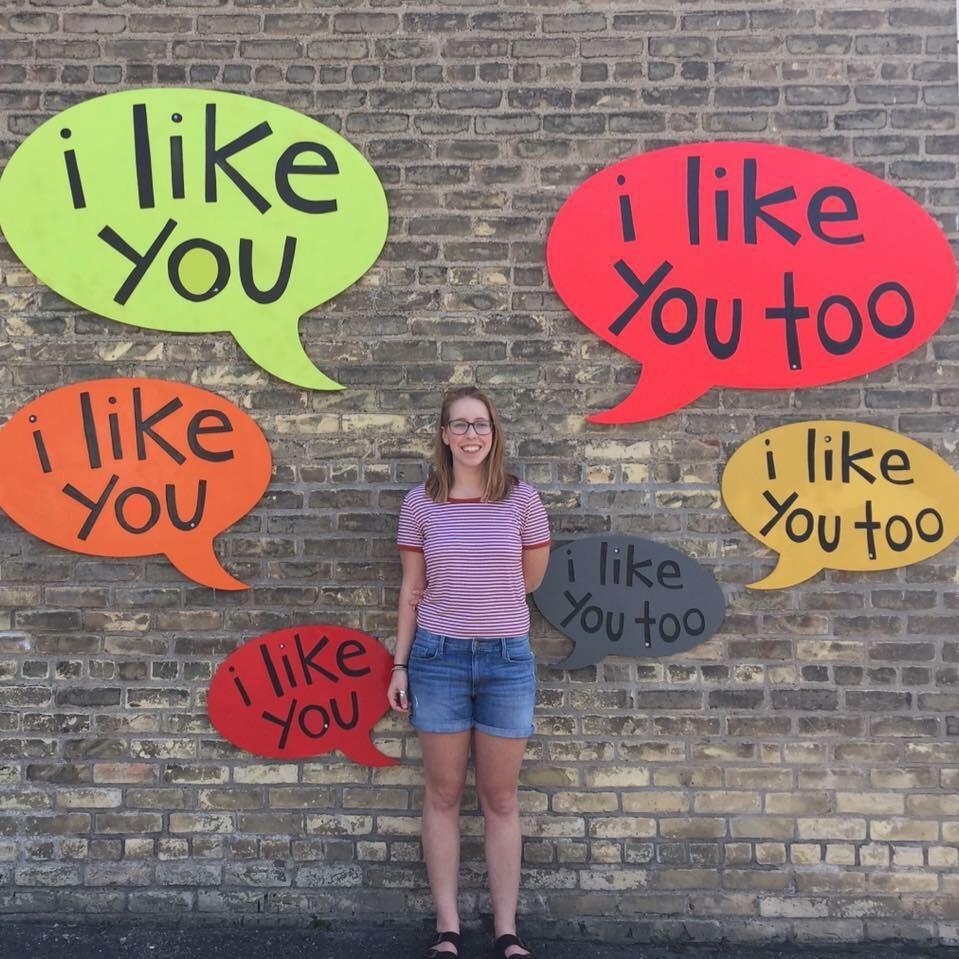
Fiona Metcalfe • Sep 12, 2019 at 12:08 am
I have taken notice that in digital camera models, exceptional sensors help to concentrate automatically. These sensors involving some video cameras change in in the area of contrast, while others utilize a beam involving infra-red (IR) light, specially in low lighting. Higher specification cameras often use a blend of both systems and might have Face Priority AF where the photographic camera can ‘See’ a face and focus only in that. Many thanks for sharing your ideas on this web site.
Joshua Black • Sep 10, 2019 at 5:39 pm
Hi there, is it rite to simply study from textbooks not to go to see world wide web for hottest updates, what you say friends?
Una Peake • Sep 5, 2019 at 7:17 pm
—